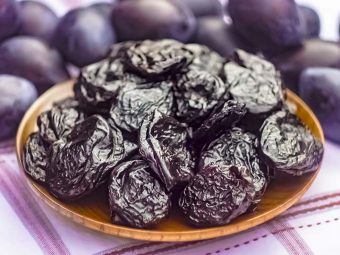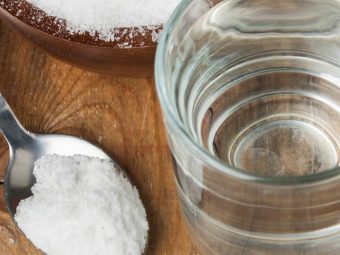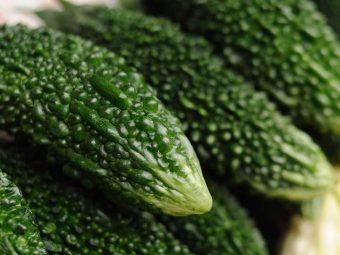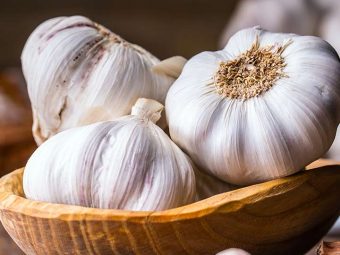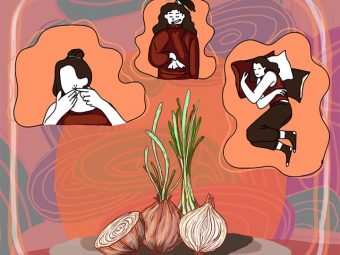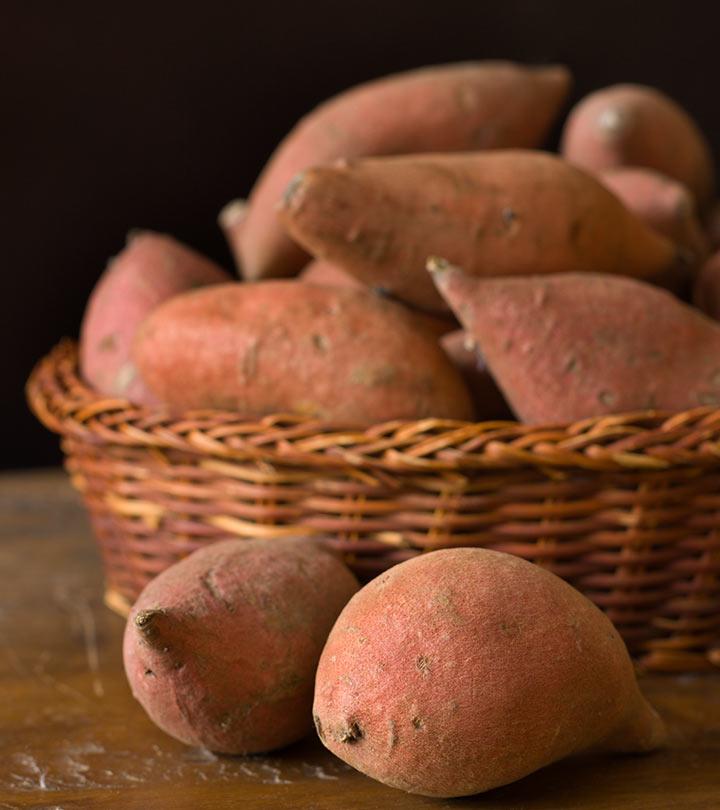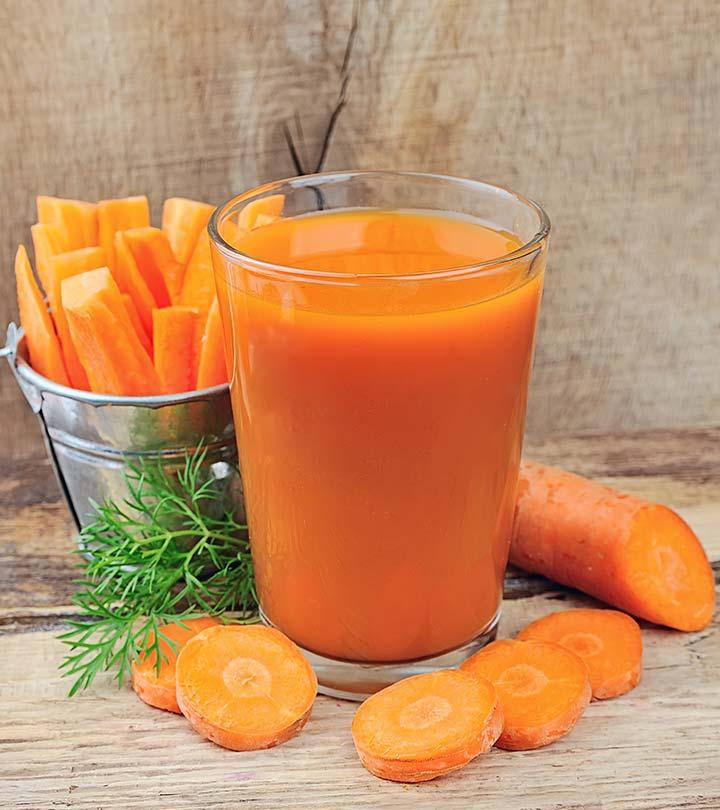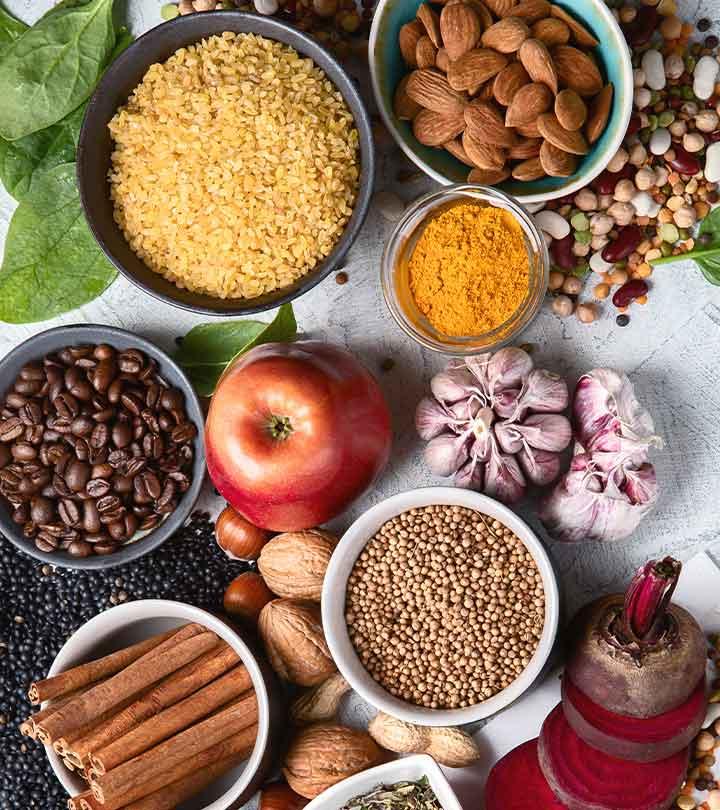Scientists Explain 5 Things That Happen To Your Body When You Eat Too Much Salt
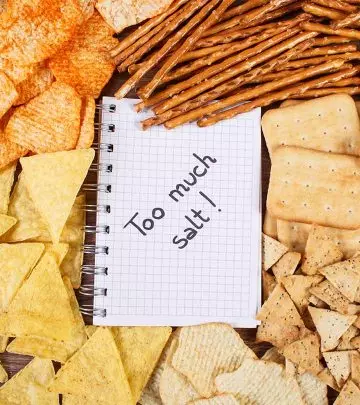
Image: Shutterstock
Salt is a part of almost every single food we eat, whether it’s your three square meals or the snack in between. Even sweetmeats contain a small amount of sodium, which means there’s no escaping this essential ingredient unless you live on a fruit diet!
Medical experts recommend that you shouldn’t consume more than 1500-2400 mg of this taste enhancer every day (1). However, considering the fact that processed or even home-cooked food is generally rich in salt and we further add table salt to most of the dishes on our plate, it’s safe to assume that an average person’s salt consumption is well above the recommended limit.
But the key question here is – is eating too much salt dangerous? Are there side effects to it? What happens when you eat too much salt?
Let’s delve into the 5 bad things that happen when you have an excess of salt in your diet!
1. Kidney Problems Begin
A diet rich in sodium might be good for the taste buds, but it’s very harmful to your kidneys. Excess salt consumption leads to high levels of calcium in your pee, which can increase your chances of getting kidney stones (2).
When you consume high amounts of salt, your kidney is unable to perform its role of filtering fluid from your blood and expelling it, as the sodium leads to an increase in your blood pressure. This can lead to kidney failure in severe cases.
2. Your Blood Pressure Shoots Up
As we said so in the previous point, an excess of salt in your system can prevent your kidneys from performing optimally, which can cause a spike in your blood pressure (3). Too much of salt in your diet leads to water retention, which means your heart has to work harder in order to keep your system running. This, in turn, puts pressure on your circulatory system, causing diseases such as heart disease, stroke, and more.
3. Bloating Becomes Constant
Again, this is linked to the fact that too much of sodium in your diet leads to water retention, which then gives rise to bloating (4). Now, it’s a common belief that bloating only affects your stomach, but in reality, the salt content can also cause water retention in different parts of your body. This condition is known as edema and it is characterized by swollen hands, feet, and legs as a result of consuming too much salt (5). So, if you regularly consume excess salt, you may end up with chronic bloating.
4. You May Develop Brain Fog
Out of the several things that can affect the proper functioning of your brain, too much salt intake happens to be one of them. According to a particular study that was printed in the journal, Neurobiology of Aging, elderly people who had a diet rich in salt and followed a sedentary lifestyle, suffered from more cognitive impairment as compared to those who didn’t (6).
Besides, brain fog (which is a type of inflammation) generally takes place when you consume too much of salt. Moreover, excess salt consumption also leads to decreased thirst and consequently, dehydration, which can also hamper your cognitive function.
5. You Can Also Get Osteoporosis
Every time you urinate, you expel calcium from your body. While this is normal, your body may end up expelling more calcium than normal if you indulge in a diet that is high in sodium. Now, we all know that osteoporosis is caused due to a lack of calcium in your body. So, if your diet contains high amounts of salt, the rate of depletion of calcium in your body increases, sucking the calcium out of your bones and thereby leading to osteoporosis (7).
These things might sound very dreadful but don’t panic just yet. There’s a way you can save yourself from all of these maladies. Here are some tips that can help you limit your salt intake:
- Since processed foods are sodium-rich, it’s best to either eliminate or at least cut down on the processed foods in your diet.
- Increasing your potassium intake can help too as this nutrient has the ability to resist the ill-effects of too much salt. It can also keep your blood pressure in check. You can get your daily dose of potassium from foods such as spinach, bananas, sweet potatoes, and tomatoes, etc.
- Skipping the table salt is another way to limit your salt consumption. Also, try cooking all of your meals on your own, so you have greater control over the level of salt in the foods you eat.
- Ditch the canned foods as these have extra amounts of salt added to act as preservatives. Instead, buy fresh meats, fruits, and vegetables every time.
Controlling the amount of salt in your diet is really not that difficult. You don’t have to make any sort of drastic lifestyle changes! So, make you sure you have less salt and lead a healthier life.








